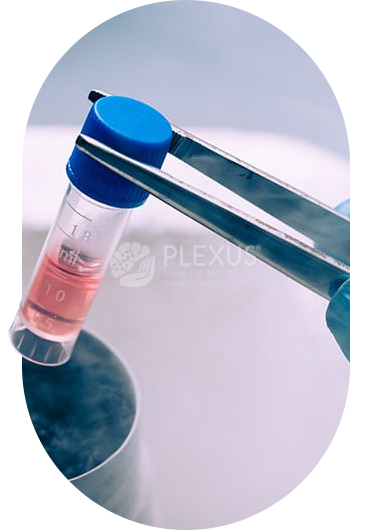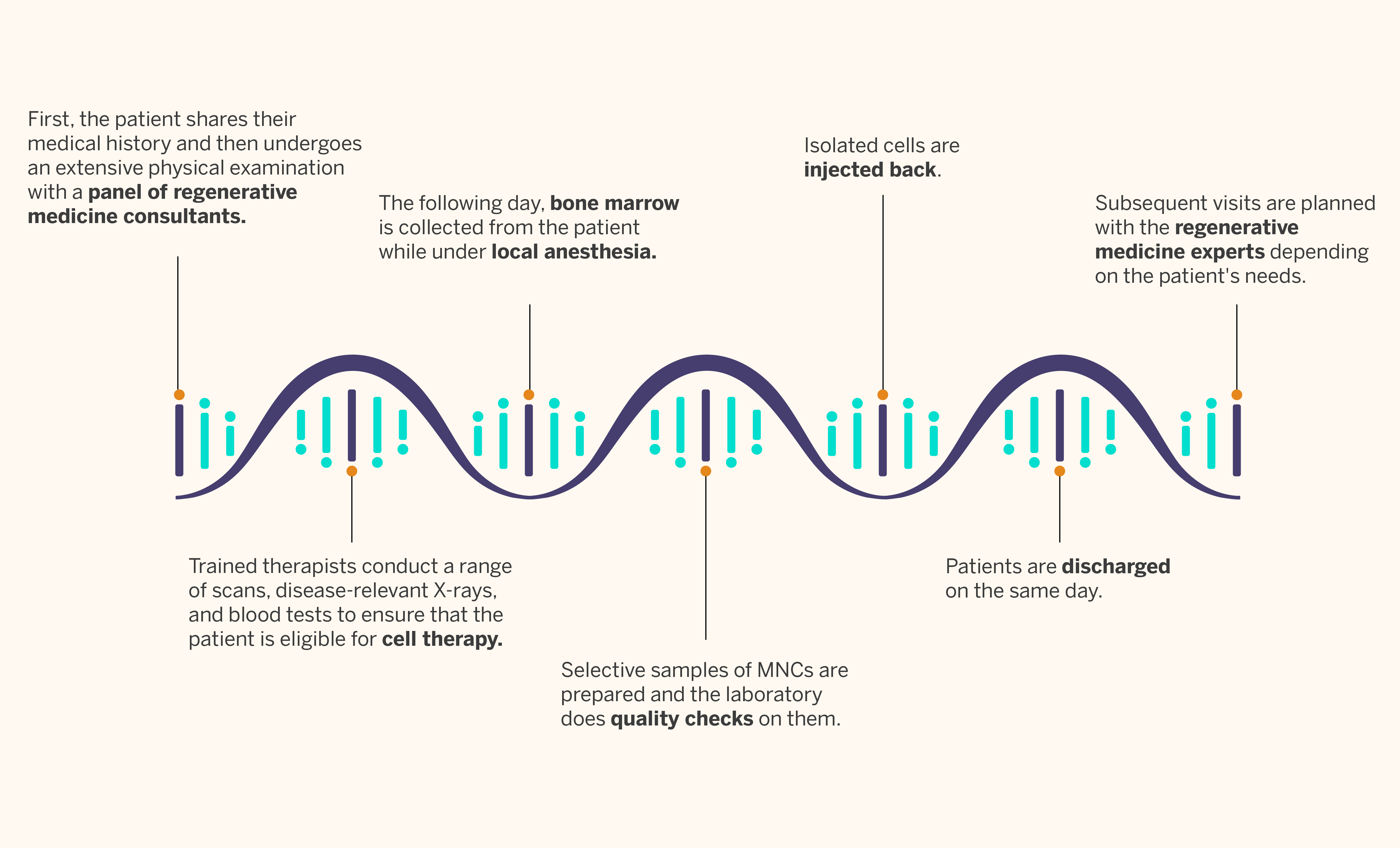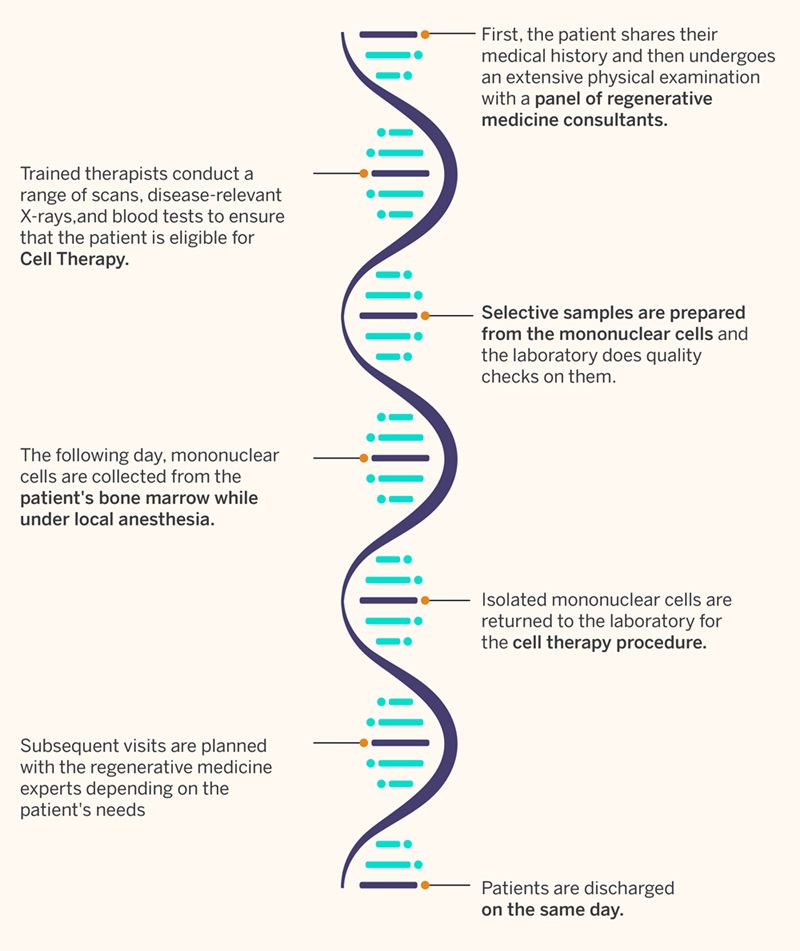- About Us
- Cell Therapy
- Neurology
- Disorders
- Services
- All Therapies
- Regenerative Rehabilitation
- Rehabilitation for Stroke
- Rehabilitation for Spinocerebellar Ataxia
- Parkinson’s Disease Rehabilitation
- Multiple Sclerosis Rehabilitation
- Rehabilitation for Spinal Cord Injury
- Rehabilitation for Motor Neuron Disease
- Rehabilitation for Cerebral Palsy
- Brachial Plexus Injury rehabilitation
- Rehabilitation for Global Developmental Delay
- Childhood Disorders Clinic
- Outpatient Services
- Ask a question
- Request an appointment
- About Us
- Cell Therapy
- Neurology
- Disorders
- Services
- All Therapies
- Regenerative Rehabilitation
- Rehabilitation for Stroke
- Rehabilitation for Spinocerebellar Ataxia
- Parkinson’s Disease Rehabilitation
- Multiple Sclerosis Rehabilitation
- Rehabilitation for Spinal Cord Injury
- Rehabilitation for Motor Neuron Disease
- Rehabilitation for Cerebral Palsy
- Brachial Plexus Injury rehabilitation
- Rehabilitation for Global Developmental Delay
- Childhood Disorders Clinic
- Outpatient Services
- Ask a question
- Request an appointment
Experience the revolutionary healing power of Cell Therapy with Plexus.

A new ray of hope that harnesses the power of the body’s own healing mechanism
Over the last few decades, Cell Therapy has shown remarkable promise in mitigating disease symptoms and slowing disease progression for a variety of autoimmune and neurodegenerative conditions. With 10+ years of clinical experience, Plexus is India’s leading and the only ISO-certified rehabilitation center in the country.
What is Cell Therapy?
Regenerative Cells are progenitor cells that can multiply and transform into specialized cells. Under the right laboratory conditions, cells divide and form daughter cells that can either become new Cells (self-renewal) or turn into specialized cells (differentiation) like brain cells, blood cells, bone cells, or heart muscle cells. These then replace damaged cells in target areas of the body.
There are two main types of cells used in Cell Therapy:
- Autologous Therapy, where the patient is treated with cells drawn from their own blood, bone marrow, or adipose (fat) tissue
- Allogeneic Therapy, where the patient is treated with cells taken from external donors
About Regenerative Medicine
Breaking new ground in regenerative treatment
Cell Therapy is a highly safe and effective form of treatment. Cells contain natural growth factors that accelerate the body’s healing process, thus slowing disease progression and improving the quality of life for patients.
The benefits of Cell Therapy include:
Enhanced functionality and improved QoL
01 Enhanced functionality and improved quality of life
Cell Therapy helps to enhance and restore functionality,and overall improve the quality of life of patients suffering from neurological conditions , autoimmune disorders and orthopaedic injuries.
Injury reversal
02 Injury reversal
Cell Therapy can target the damaged tissues in permanent injuries and help them progressively regrow.
Nerve damage prevention
03 Nerve damage prevention
Cells are administered directly to the target area in the patient’s body, bypassing the nearby nerves. This avoids any nerve damage that could affect mobility and functionality.
Immune system modulation and reducing inflammation
04 Immune system modulation and reducing inflammation
Immune system modulation and reducing inflammation- Cells target the body’s natural healing mechanism and help in modulating the immune responses thereby reducing inflammation.
Fostering brain development
05 Fostering brain development
Facilitating neurological development.
No risk of complications
06 No risk of complications
Since Cell Therapy at Plexus uses cells drawn from the patient’s own body, there is no risk of cell rejection or other complications.
No surgery needed
07 No surgery needed
Cell Therapy is a non-surgical, minimally invasive procedure.
Speedy post-procedural recovery
08 Speedy post-procedural recovery
The recovery process for a Cell Therapy procedure is minimal, and patients can resume their normal routine on the same day itself.
The Cell Therapy procedure at Plexus
At Plexus Neuro Center, we use only autologous cells taken from the patient’s own body. This ensures a safe treatment experience with zero adverse effects.
Our Cell Therapy procedure involves the following steps:


What our patients say

Vinita Bhatia (name changed)
"I underwent treatment at Plexus for my knee injury which was not healing with repeated treatments. After taking treatment here, I have found relief after many years."
Raghav Sen (Name changed)
“I have come to Bangalore from Delhi to Plexus. I was suffering from Parkinson’s Disease for the last four years. I am quite satisfied with the results. My posture has improved, walking has become better, and tremors too have reduced. I am very thankful to Plexus for getting my life back. Now I am going back to my hometown with a smile on my face.”
FAQs answered
Cell Therapy is undergoing extensive research in India as an advanced medical procedure. Plexus Neuro Center is the first ISO-certified center in the country.
Autologous adult cell therapy, derived from bone marrow cells, is a highly reliable and secure treatment method. No adverse cases have been reported so far, further assuring the safety and reliability of the therapy provided at Plexus Neuro Centre. With its controlled proliferative tendencies, the therapy eliminates any risk of tumor formation, ensuring safety for patients.
The number of cell injections depends on the nature and severity of the patient’s condition.
The success rate of Cell Therapy depends on the nature and severity of the patient’s condition.
No, Cell Therapy is a painless procedure.
Cell Therapy has no side effects as the cells are taken from the patient’s own body.
No, cells cannot cause death.
Aging cannot be reversed by any procedure as it is a natural process and not a disease.

Reach out to know more about how Cell Therapy can benefit you
Biotechnological progress has brought about significant ethical challenges, particularly in the realm of Cell research. In Asia, where cell therapy is extensively practiced, the ethical framework for its use as a treatment method is rooted in the Declaration of Helsinki. This declaration outlines the ethical principles for medical research involving human participants and is crafted by the World Medical Association. It acts as the essential ethical reference for human experimentation across the medical community.










